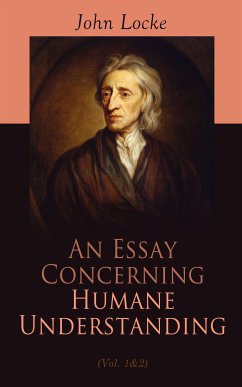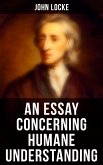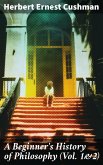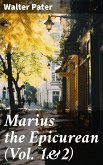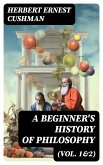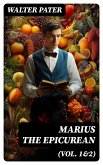This book analyzes the foundation of human knowledge and understanding. Locke describes the mind at birth as a blank slate (tabula rasa) filled later through experience. The essay was one of the principal sources of empiricism in modern philosophy, and influenced many enlightenment philosophers, such as David Hume and George Berkeley. Book I of the Essay is Locke's attempt to refute the rationalist notion of innate ideas. Book II sets out his theory of ideas, including his distinction between passively acquired simple ideas, such as "red", "sweet", "round", etc., and actively built complex ideas, such as numbers, causes and effects, abstract ideas, ideas of substances, identity, and diversity. Book III is concerned with language and Book IV with knowledge, including intuition, mathematics, moral philosophy, natural philosophy ("science"), faith, and opinion.
Dieser Download kann aus rechtlichen Gründen nur mit Rechnungsadresse in A, B, BG, CY, CZ, D, DK, EW, E, FIN, F, GR, H, IRL, I, LT, L, LR, M, NL, PL, P, R, S, SLO, SK ausgeliefert werden.

